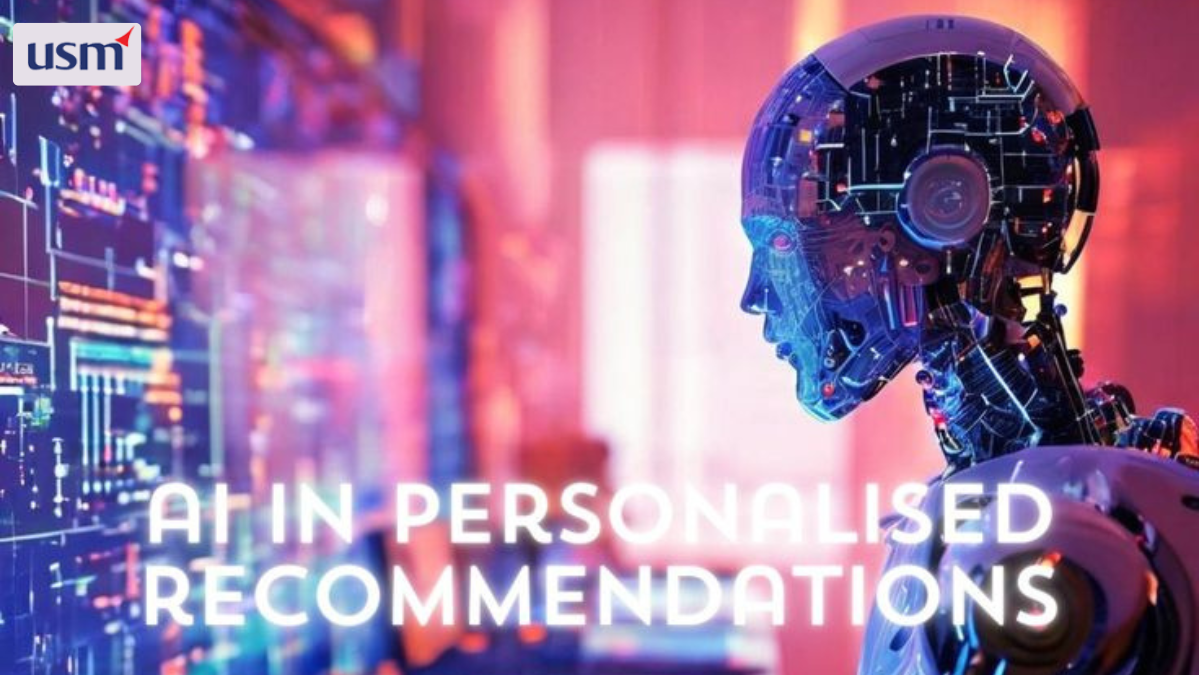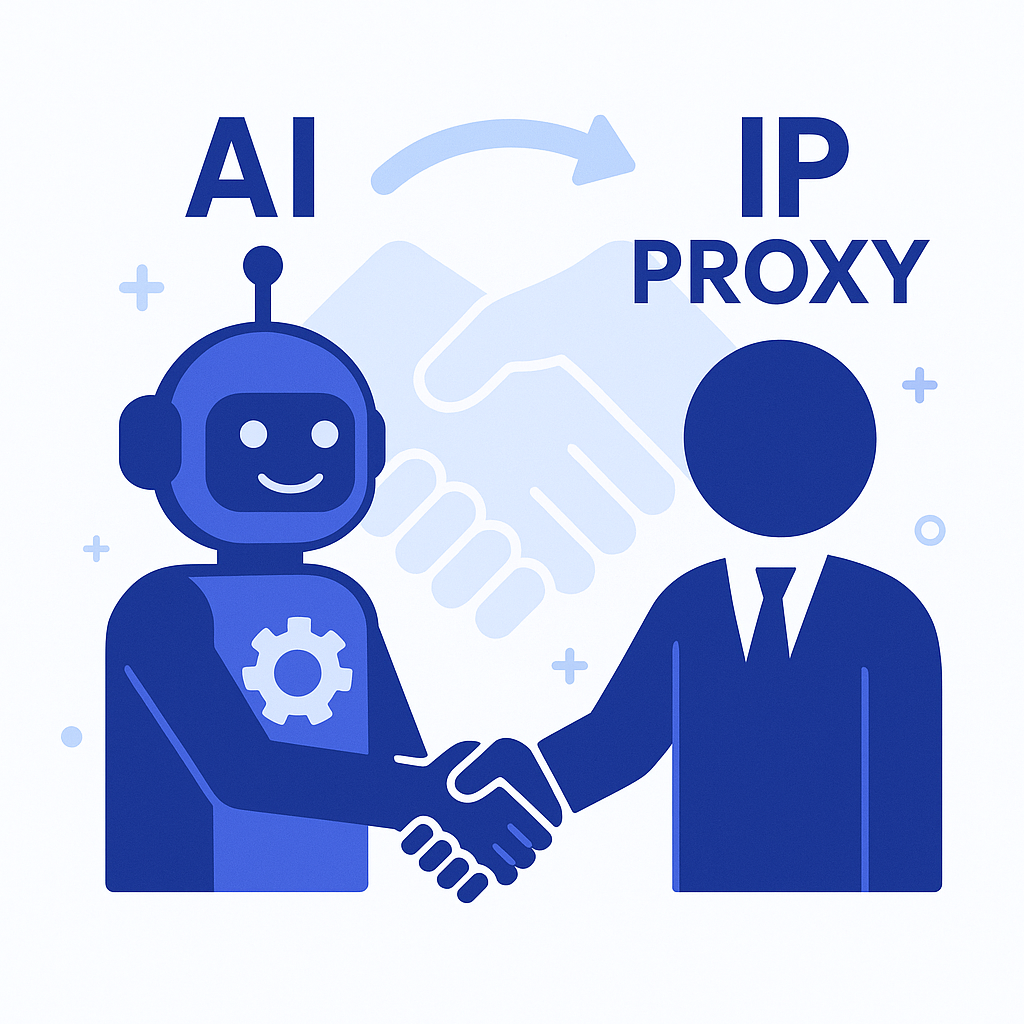AI-Driven Personalized Product Recommendation: Use Cases and Benefits

Strong 8k brings an ultra-HD IPTV experience to your living room and your pocket.
In today’s digital-first economy, delivering the right product to the right customer at the right time is no longer a luxury—it’s a necessity. Customers are constantly bombarded with choices, and businesses that fail to offer personalized experiences risk losing engagement and revenue. That’s where AI-driven personalized product recommendations come into play.
Artificial Intelligence (AI) enables businesses to analyze user data, predict customer behavior, and serve up products or content tailored to individual preferences. This personalized approach not only enhances the customer experience but also drives business growth. In this blog, we’ll explore the use cases and benefits of AI-powered product recommendation systems across industries.
What Is AI-Driven Product Recommendation?
AI-driven product recommendation refers to the use of machine learning algorithms and data analytics to suggest products to users based on their behavior, preferences, and past interactions. These systems learn continuously, refining their accuracy by analyzing click-through rates, purchase history, demographic data, browsing habits, and more.
The goal? To increase customer satisfaction, boost conversions, and enhance user engagement through hyper-personalization.
Top Use Cases of AI-Powered Product Recommendations
1. E-commerce Platforms
Perhaps the most obvious use case lies in e-commerce. Giants like Amazon, eBay, and Shopify rely on AI algorithms to recommend products based on purchase history, viewed items, wishlists, and similar customer profiles. Whether it's a “Frequently Bought Together” section or “Customers Also Viewed,” these personalized suggestions improve the shopping experience and increase average order value.
2. Streaming Services
Platforms like Netflix, YouTube, and Spotify utilize AI to recommend shows, videos, or music tailored to individual tastes. These services analyze watch history, genre preferences, and engagement levels to deliver content that keeps users hooked and coming back for more.
3. Retail and Fashion
AI helps fashion retailers deliver style recommendations that match a customer’s taste and previous purchases. For example, Stitch Fix uses AI in conjunction with human stylists to recommend outfits tailored to each user’s profile. In-store kiosks and mobile apps also use AI to guide customers toward ideal products, enhancing the in-store shopping experience.
4. Online Education
Educational platforms like Coursera and Udemy use AI to recommend courses based on learning history, interests, and skill levels. Personalized course suggestions help learners stay motivated and follow a more efficient learning path.
5. Healthcare and Wellness
AI recommendation engines in healthcare apps can suggest fitness routines, diet plans, or medication reminders based on user health data. Personalized wellness experiences improve adherence to health goals and provide better patient engagement.
6. Finance and Insurance
Fintech platforms leverage AI to recommend investment opportunities, savings plans, or insurance policies. These recommendations are based on the user’s risk appetite, financial goals, and past financial behavior.
Key Benefits of AI-Driven Product Recommendations
1. Enhanced Customer Experience
Personalized recommendations create a more engaging and satisfying user experience. Customers feel valued when businesses anticipate their needs and preferences, increasing brand loyalty and retention.
2. Higher Conversion Rates
By suggesting relevant products, AI reduces decision fatigue and nudges customers closer to purchase. A well-timed recommendation can dramatically improve click-through rates and overall conversions.
3. Increased Average Order Value
AI can bundle complementary products (cross-selling) or suggest premium versions (upselling), encouraging customers to spend more. This leads to a higher average order value and greater revenue per customer.
4. Better Customer Retention
Personalization encourages repeat visits and builds trust. Customers are more likely to return to platforms that consistently deliver relevant content or products tailored to their preferences.
5. Efficient Inventory Management
Recommendation systems also inform inventory decisions by predicting demand for specific products. Retailers can stock up on trending items and reduce excess inventory of less popular products.
6. Data-Driven Decision Making
AI collects and analyzes large volumes of customer data in real-time, providing insights that businesses can use for marketing, product development, and strategic planning.
7. Scalability and Automation
AI recommendation engines can serve millions of users simultaneously without manual input. As your user base grows, the system scales effortlessly, ensuring a seamless experience for every customer.
Technologies Behind AI-Powered Recommendations
To better understand how these systems work, here’s a look at some of the key technologies powering AI recommendations:
- Machine Learning (ML): ML algorithms learn from user data and behavior to improve predictions over time.
- Natural Language Processing (NLP): NLP helps systems understand user reviews, search queries, and feedback to refine recommendations.
- Collaborative Filtering: This technique suggests items based on what similar users have liked or purchased.
- Content-Based Filtering: Recommends items that are similar to what a user has previously liked.
- Hybrid Models: Combines multiple algorithms to increase accuracy and relevance.
Challenges and Considerations
While AI recommendations offer immense value, businesses must also navigate certain challenges:
- Data Privacy: Collecting user data requires transparency and compliance with regulations like GDPR or CCPA.
- Algorithm Bias: If trained on biased data, recommendation engines can reinforce stereotypes or unfair suggestions.
- Cold Start Problem: AI systems may struggle with new users or new products due to lack of historical data.
- Integration Complexity: Implementing AI systems may require a significant upfront investment in infrastructure and expertise.
Conclusion
AI-driven personalized product recommendations are reshaping how businesses connect with consumers. From e-commerce and entertainment to healthcare and finance, the ability to deliver tailored experiences offers a strategic edge in competitive markets.
By leveraging customer data responsibly and adopting the right AI tools, businesses can unlock new levels of personalization, drive engagement, and foster long-term loyalty. Partnering with an experienced AI development company empowers organizations to implement smart recommendation systems effectively. The future of customer experience is personalized—and AI is leading the way.
Note: IndiBlogHub features both user-submitted and editorial content. We do not verify third-party contributions. Read our Disclaimer and Privacy Policyfor details.







